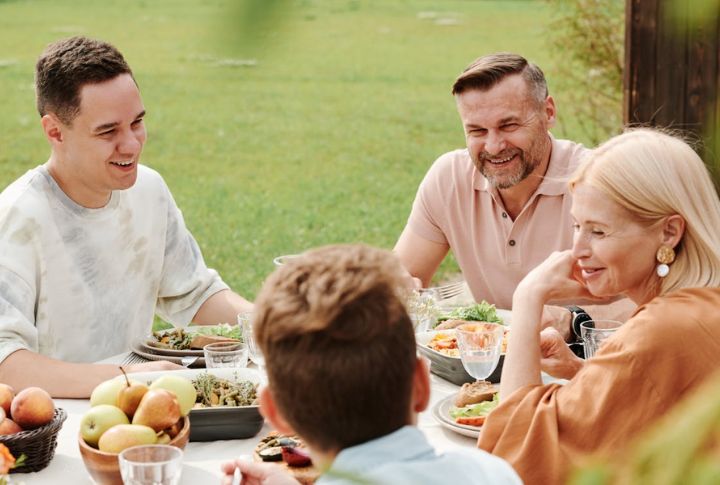
The holidays have a unique way of pulling truth out of people, not through big arguments but through tiny slips that reveal more than they intend. If you’ve ever sensed a shift you couldn’t explain, keep going. You might finally see the meaning behind those subtle holiday changes.
Disproportionate Anger At Gift Expectations
Holiday gifts carry extra meaning because many people see them as small expressions of love. So anger over a present’s size, price, or symbolism doesn’t come out of nowhere. The reaction often exposes a need for control, especially when a partner expects affection to follow a script only they approve.
Competitive Gift-Giving Against The Partner’s Family
A partner who tries to outshine your family with extravagant gifts isn’t just being generous. The competition usually comes from insecurity or a need for praise. Seasonal get-togethers highlight the contrast, and the tension grows as the gifts become a performance rather than a genuine attempt to connect.
Sudden Jealousy At Social Holiday Events
Crowded seasonal gatherings bring together people from every corner of life, which can unsettle someone who struggles with complex social settings. If a partner becomes tense or possessive only in these situations, the reaction points toward insecurity triggered by the environment, not anything you did or said.
Manipulative Guilt About Holiday Roles
A partner may lean into holiday busyness to push responsibilities onto you through guilt. They might insist your effort falls short or imply you owe them extra labor. The pressure exposes an unequal dynamic, since balanced relationships rely on shared involvement rather than emotional obligation.
Avoidance Of Partner’s Family Gatherings

Many people assume skipping a family dinner means someone is simply shy. Festive gatherings create a different situation, though, because they signal commitment in new relationships. When a partner avoids these introductions and even pressures you to skip your own family events, the pattern suggests hesitation about a shared future.
Withdrawal During Seasonal Traditions
Seasonal customs create a sense of closeness through familiar routines, so a partner’s sudden distance can feel noticeable. If they fade from group moments, seem quieter than usual, or turn to alcohol to stay on the edges, that change points to discomfort with connection that surfaces only in situations built around togetherness.
Financial Secrecy Around Holiday Spending
You may notice your partner making purchases you never talk about, even though holiday budgets usually involve open planning. That secrecy can stem from insecurity or a desire to impress others. The hidden spending creates distance because the image takes priority over honest communication about shared financial decisions.
Excessive Drinking Justified By Festive Spirit
The mood around seasonal festivities can make heavy drinking look harmless, yet a pattern emerges when a partner repeatedly leans on the celebration as their excuse. That consistent escalation hints at emotional discomfort they prefer to numb, and the packed social calendar quickly exposes the habit.
Public Criticism During Group Celebrations
Holiday social events create a setting where people hope for warmth and goodwill, so a partner’s harsh comment or deliberate sigh stands out in an instant. The shift in tone reveals the frustration they keep privately tucked away, and the public display shows how easily kindness fades when attention increases.
Over-Attachment To Childhood Traditions
Some people protect childhood holiday rituals as if changing a single detail would erase their past. The refusal to blend traditions with a partner isn’t about nostalgia alone. It signals difficulty sharing space, sharing decisions, and building something new together, which becomes clearer once festive season routines invite cooperation.

